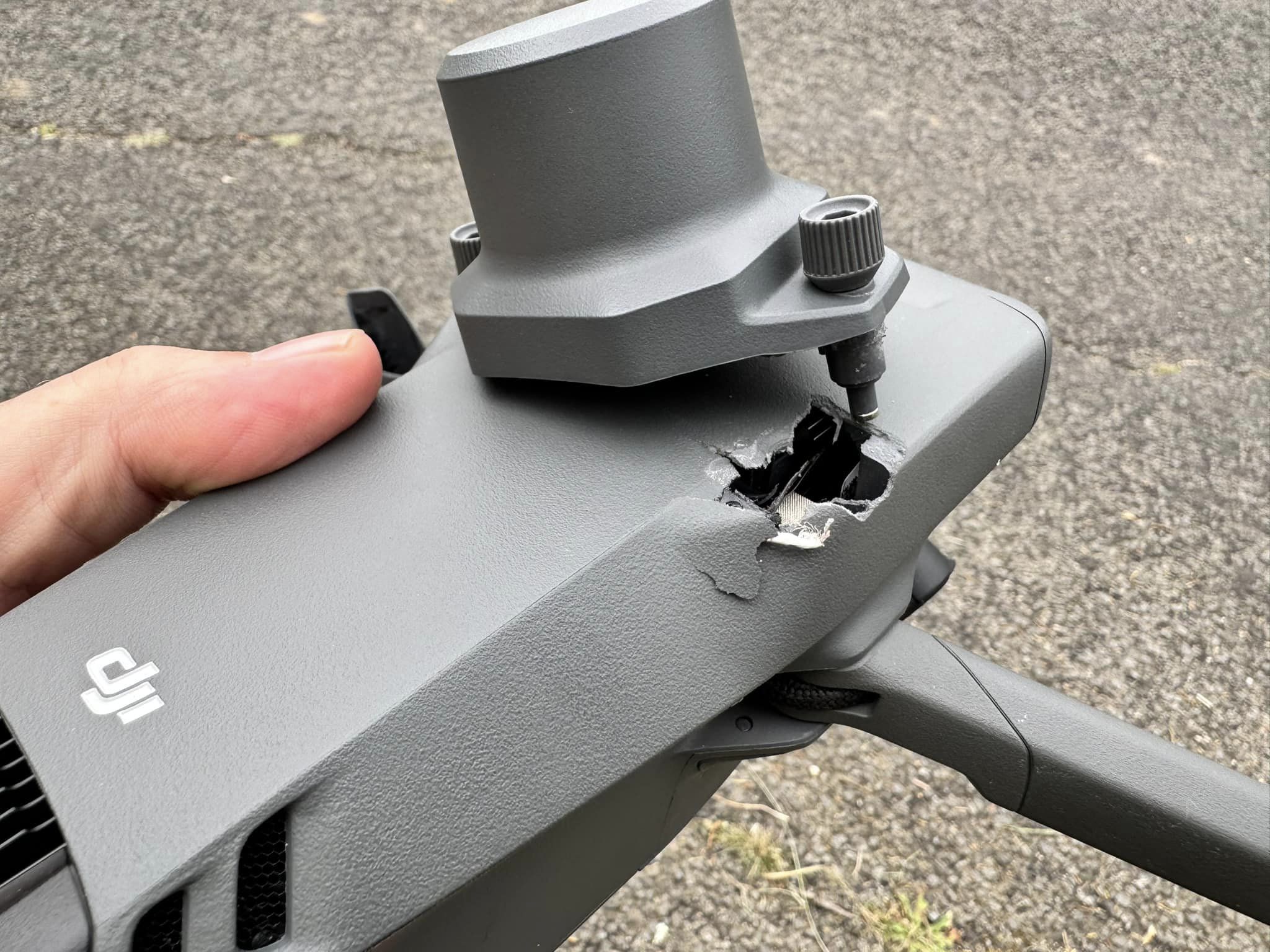In recent years, drones have become increasingly popular for both recreational and commercial use. However, this rise in drone activity has also led to conflicts, particularly when drones are perceived as invading privacy or posing a threat. Some individuals might consider taking matters into their own hands by shooting down a drone. While this might seem like a quick solution, it can lead to severe legal and financial repercussions. Here’s a comprehensive look at the potential consequences at the federal, state, and local levels.
Federal Charges
1. Destruction of Aircraft Under Title 18 U.S. Code § 32, drones are classified as aircraft. Shooting down a drone is considered the destruction of an aircraft, a serious federal offense. The penalties for this crime include:
- Fines: Up to $250,000.
- Imprisonment: Up to 20 years.
2. Computer Fraud and Abuse Act If the act of shooting down a drone results in damage to its computer systems, the perpetrator could also be charged under the Computer Fraud and Abuse Act. This can lead to additional fines and imprisonment.
State Charges
State laws vary, but several common charges can be applied:
1. Criminal Mischief Many states classify the act of shooting a drone as criminal mischief. This can result in:
- Fines: Varying amounts depending on the state.
- Imprisonment: Potential jail time based on the severity of the act.
2. Endangering Public Safety Discharging a firearm in public, especially in populated areas, can lead to charges of endangering public safety. This can carry significant fines and imprisonment.
Local Charges
Local ordinances may impose additional penalties:
1. Discharging a Firearm Many municipalities have strict regulations against discharging firearms within city limits. Violating these regulations can result in:
- Fines: Specific amounts vary by locality.
- Imprisonment: Possible jail time.
2. Property Damage If the drone crashes and causes damage to property, the individual responsible for shooting it down may be liable for the cost of repairs or replacement.
Civil Liabilities
Beyond criminal charges, individuals who shoot down drones may face civil lawsuits from the drone owners:
1. Compensation for the Drone The drone owner can sue for the cost of the drone and any additional damages incurred.
2. Invasion of Privacy If the drone was being used legally, the owner might file a lawsuit for invasion of privacy or other related claims.
Can I Legally Shoot Down a Drone Over My Property?
The short answer is no. Shooting down a drone over your property is illegal and can lead to severe consequences. Here’s why:
1. Federal Regulations The Federal Aviation Administration (FAA) has exclusive authority over all navigable airspace in the United States. Drones are classified as aircraft, and destroying an aircraft is a federal crime under Title 18 U.S. Code § 32. This law applies regardless of whether the drone is flying over private property1.
2. Property Rights While you own the land, you do not own the airspace above it. The FAA regulates this airspace, and shooting down a drone can be considered destruction of property and endangerment2.
3. Safety Concerns Discharging a firearm in a residential area can pose significant safety risks to people and property. Many local ordinances strictly prohibit firing weapons within city limits2.
4. Legal Alternatives If you believe a drone is invading your privacy or posing a threat, there are legal steps you can take:
- Contact Law Enforcement: Report the incident to local authorities.
- File a Complaint with the FAA: The FAA can investigate and take action against the drone operator if they are violating regulations.
- Civil Action: You may be able to file a lawsuit against the drone operator for invasion of privacy or other related claims1.
Conclusion
Shooting down a drone is not only illegal but also carries significant legal and financial risks. The consequences can range from hefty fines and imprisonment to civil lawsuits and liability for damages. If you have concerns about a drone, it is advisable to contact local law enforcement or the Federal Aviation Administration (FAA) for guidance. Taking the law into your own hands can lead to far more trouble than it’s worth.



